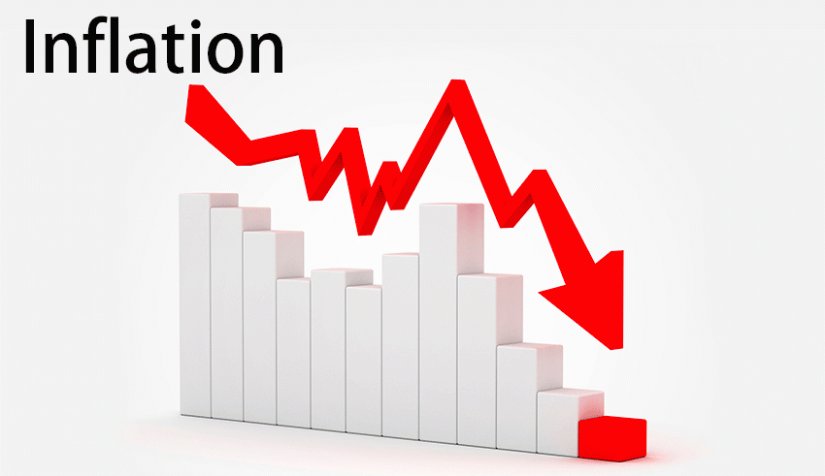NIGERIANS may soon feel a measure of relief at the market stalls and fuel pumps as headline inflation dropped for the fifth consecutive month, signaling a sustained slowdown in price pressures across Africa’s largest economy.
According to the latest Consumer Price Index (CPI) report released by the National Bureau of Statistics (NBS) on Monday made available to News Point Nigeria, inflation cooled to 20.12 percent in August 2025, down from 21.88 percent recorded in July 2025.
This represents a 1.76 percentage point decline on a month-on-month basis and marks a sharp reversal from the 32.15 percent inflation level seen in August 2024.
“The Consumer Price Index rose to 126.8 in August 2025, reflecting a 0.9-point increase from 125.9 recorded in July,” the report read.
“The August 2025 headline inflation rate showed a decrease of 1.76 percent compared to the July 2025 figure.”
Urban areas experienced a steeper slowdown, with year-on-year inflation falling to 19.75 percent compared to 34.58 percent in August 2024. Rural inflation, while slightly higher, eased to 20.28 percent, down from 29.95 percent last year.
On a monthly basis, inflation in cities slowed to 0.49 percent from 1.86 percent in July, while rural areas recorded 1.38 percent, reflecting persistent supply chain and transportation challenges that continue to push up rural prices.
Food prices, which make up the largest share of Nigeria’s inflation basket – also showed relief. Food inflation declined to 21.87 percent year-on-year, down from a staggering 37.52 percent a year ago.
Month-on-month food inflation slowed to 1.65 percent, compared to 3.12 percent in July, driven by falling prices of key staples such as rice, maize flour, millet, semolina, guinea corn flour, and soya milk.
Despite the moderation, NBS cautioned that food costs remain stubbornly high, especially in northern states where insecurity, poor infrastructure, and logistics bottlenecks continue to disrupt supplies.
Core inflation – which excludes volatile agricultural products and energy – was recorded at 20.33 percent year-on-year, lower than the 27.58 percent recorded in August 2024.
However, on a monthly basis, it rose to 1.43 percent from 0.97 percent, driven by higher costs in housing, utilities, transportation, education, and healthcare – a signal that structural price pressures remain.
Inflation remained uneven across the country.
Highest headline inflation: Ekiti (28.17%), Kano (27.27%), and Oyo (26.58%).
Lowest headline inflation: Zamfara (11.82%), Anambra (14.16%), and Enugu (14.20%).
Food inflation was highest in Borno (36.67%), Kano (30.44%), and Akwa Ibom (29.85%), while Zamfara (3.30%), Yobe (3.60%), and Sokoto (6.34%) recorded the lowest levels.
Month-on-month, inflation rose fastest in Yobe (9.20%), Katsina (8.59%), and Sokoto (6.57%), but actually declined in Enugu (-5.32%), Taraba (-3.64%), and Nasarawa (-3.56%).
The NBS report comes just weeks before the Central Bank of Nigeria’s Monetary Policy Committee (MPC) meeting scheduled for September 22–23, 2025.







